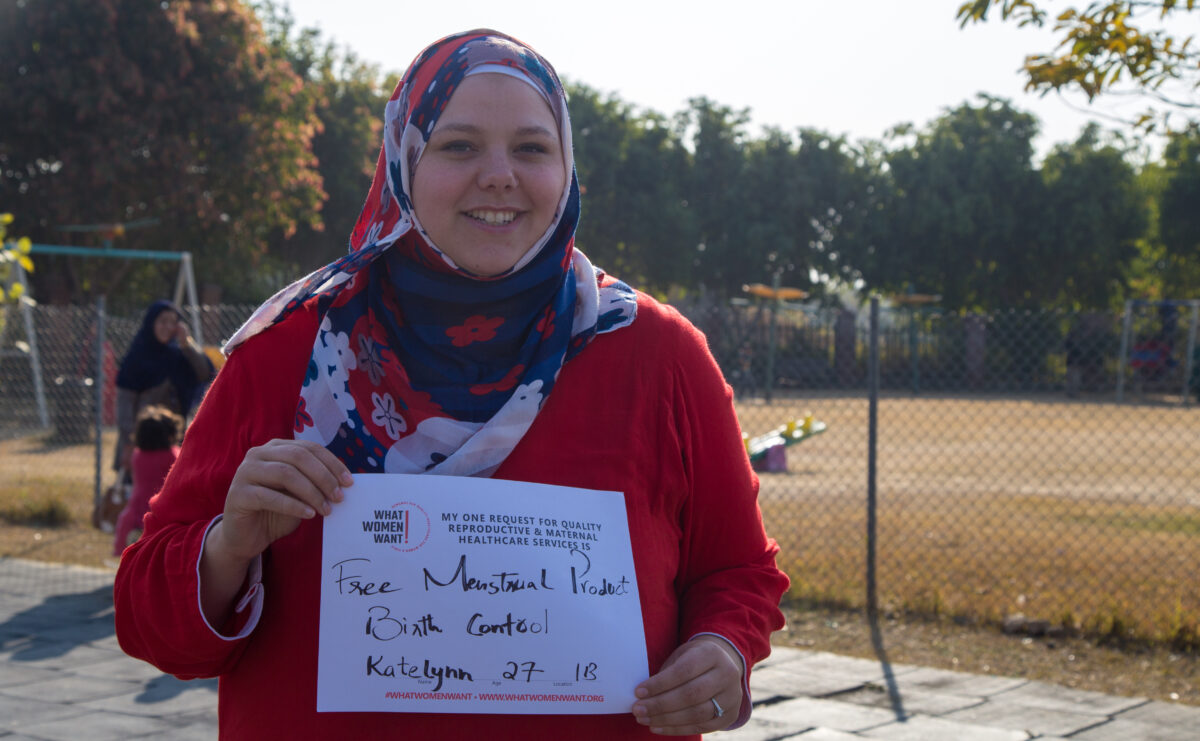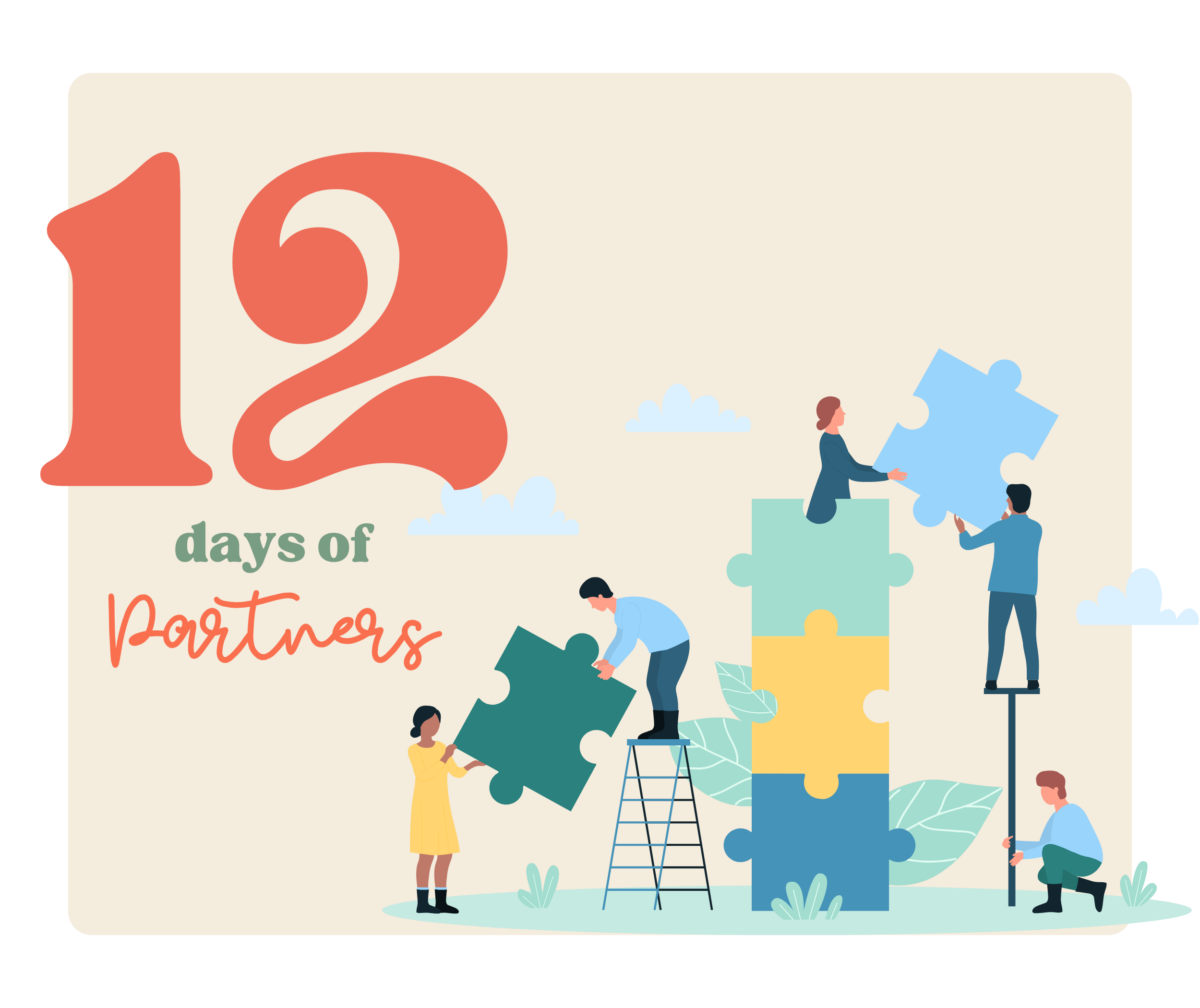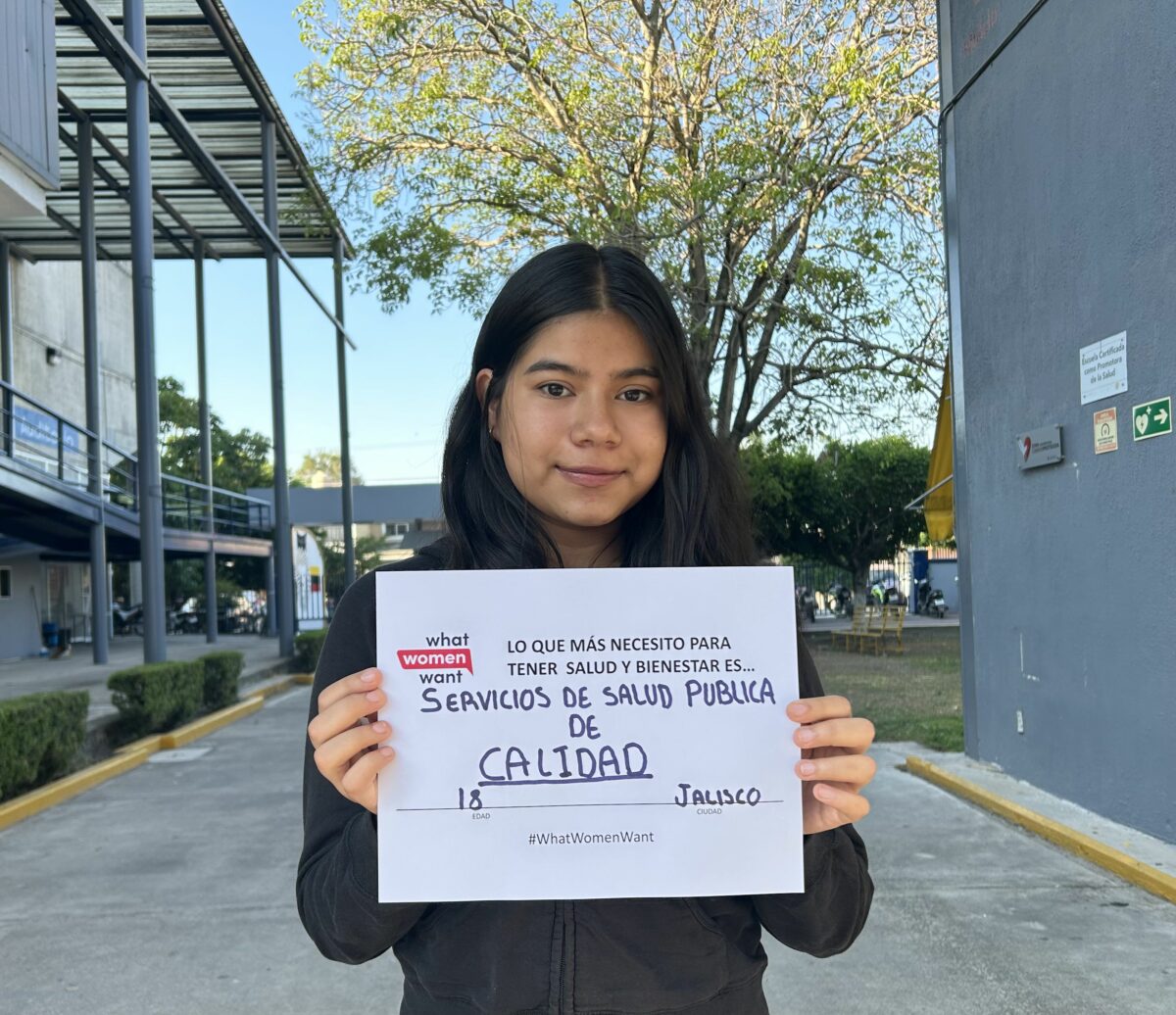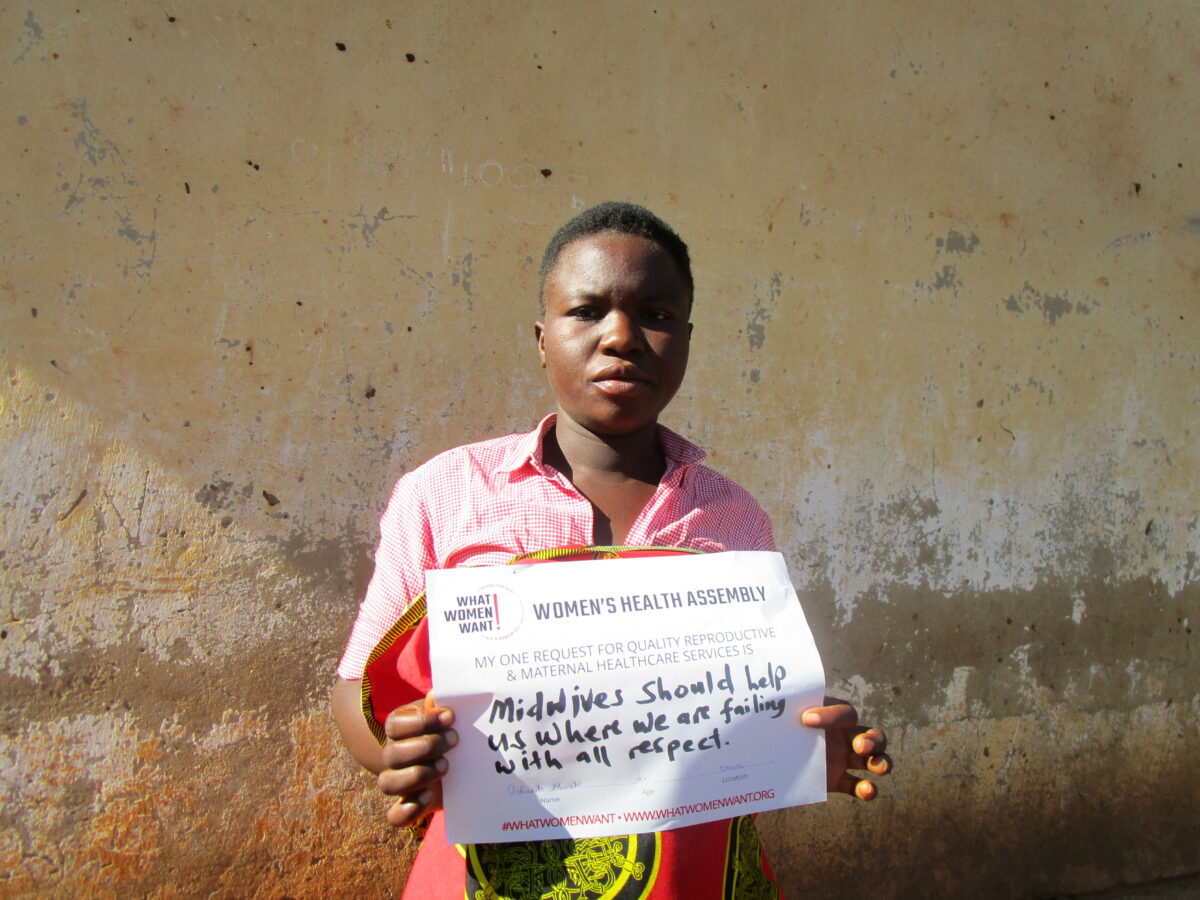Changing hearts and minds is the key. Everyone should accept the decisions of women and girls. When this happens, it transforms social and gender norms. This is my passion.
Dr. Talib Lashari
Technical Advisor, Population Welfare Department, Sindh Province
When we asked women and girls across Pakistan what they wanted to improve their health, they spoke clearly: more control over their reproductive health. This included the women most excluded from power—poor, illiterate, rural—who dared to speak up despite society telling them to remain silent.
Awareness about family planning should be given.
Provision of contraceptives at our doorsteps.
I want to adopt contraceptive method,
but I have not permission to go outside of house
In 2020, advocates in Sindh and Khyber Pakhtunkhwa provinces took these demands to government decision-makers through “Listening Sessions” that allowed decision-makers to hear directly from women in an intimate setting. These conversations came as COVID-19 threatened women’s health funds.
As a result, women’s voices helped catalyze US$57m in family planning funds in Sindh and Khyber Pakhtunkhwa Provinces from 2020-2022. This includes a nearly 57% increase in the Khyber Pakhtunkhwa family planning budget for 2021-2022, with funds dedicated to women’s priorities, including establishment of 200 new family welfare centers, 10 adolescent and sexual and reproductive health centers, and Mobile Service Units to reach remote areas. In Sindh province, government policy has changed, too – with Listening Sessions included in its family planning policymaking processes.




